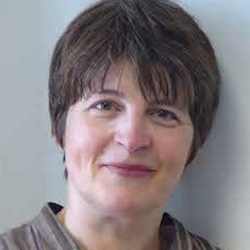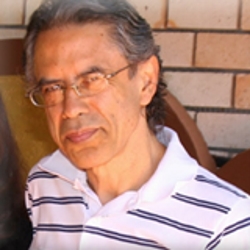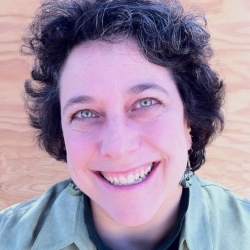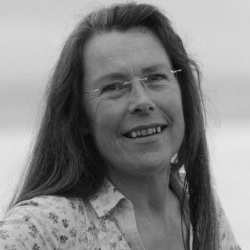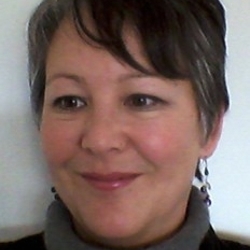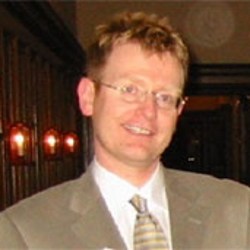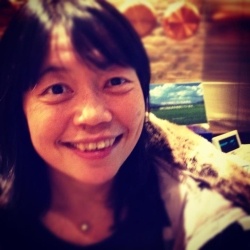Loading
Read MoreWorking with Groups Online – Susanne Irving
Loading
Read MoreThe Person Centered Approach and Community Development: Working with Disadvantaged Families and Communities – Antonio Monteiro dos Santos
Loading
Read MoreRadiant Reflection™ (LIVE DEMONSTRATION) – Amy Skezas, Topsoil, Julie Murphy, & Diane Wian
Radiant Reflection™ (RR) is a unique way of fostering well-being for people who are interested in growth and development through reflection and exploring consciousness.
Read MoreLearning In An Unstructured Group – Dot Clark & Colin Lago
An hour of conversation with Colin Lago and Dot Clark on their experiences of holding open learning environments.
Colin has, for some time now, been facilitating the Temenos Postgraduate Supervision Training using this mode of learning, and Dot has joined him as co-facilitator on the last two courses. The next course is due to begin in October 2014.
The aim of creating such a learning environment is to enable participants to take responsibility for their own learning process and to support the making of meaning within a rich context of appropriate resources and relationships.
Read MorePersonal Growth And Societal Impact: The PCA as Ethics, Philosophy and Psychology for Personal and Social Change – Peter F. Schmid
The world faces substantial challenges: from globalization to climate change and the planet’s limited resources, from religious warfare and terrorism to new ways of inter- and intra-national relationships and community, partnership and ‘family’ building – to only name a few.
This calls for a considerable change in the self-understanding of us humans. I am convinced that we have the potential to deal with the encounters ahead constructively, if we indeed understand and approach them as encounters, we have to face and are able to do so.
Read MoreRunning A Great Group! – Lin Cheung
In this interview Lin talked about the theory underpinning the work that she does in therapy groups and the practical questions to think about when setting up a therapy group.
Read MoreEncounter Groups: A Place to Experience the Magic? – Terry Daly
Terry has been in Encounter groups from the age of 14 and has experienced much ‘magic’ in the moments of connection with other human beings in this unique and radical context.
Terry is passionate about the need for difference to be spoken and heard in all walks of life and feels that even after more than 40 years of history the Encounter Group is still a relevant context to make contact with others while being authentically ourselves.
Read MoreMY SOUL NEEDS TO BE WASHED: An Exploration of the Basic Encounter Group in Japan – Makiko Mikuni
As part of her journey into a professional life and network Makiko embarked on a research project to examine the history of the Person Centred Approach in Japan and it’s place in contemporary Japanese culture.
Read MoreEncounter Groups A Passionate Presence – Interview with Peggy Natiello
Peggy Natiello authored “The Person-Centered Approach: A passionate presence” as a challenge to those who practice the person-centered approach “to recognize and fully engage the philosophical belief system, the passionate style of living and the integrity that person-centeredness demands.” Her challenge extends to both therapists working one to one and those who would enter the encounter group experience.
Read More
